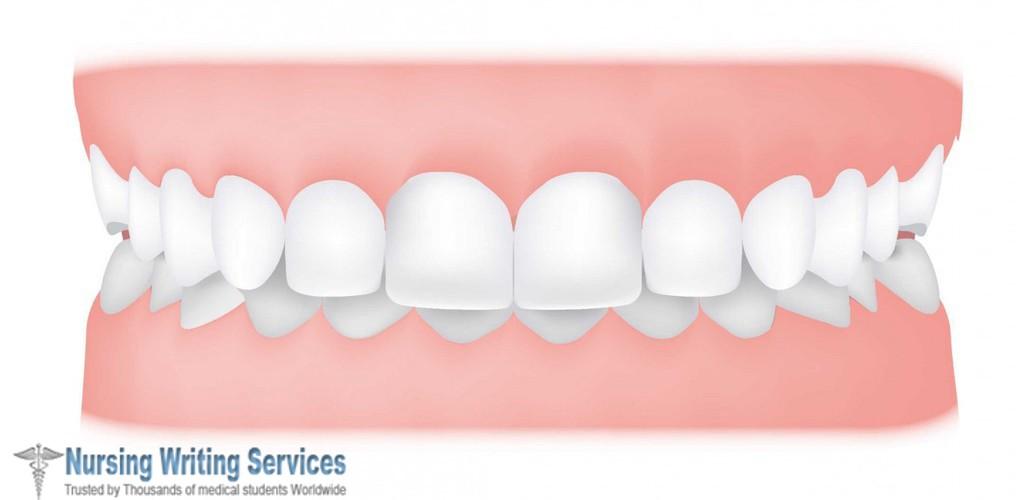
How to Treat and Prevent Common Dental Problems
When bacteria settle on a tooth or gum, it causes an infection that does not appear without intervention. The best way to prevent the dental problems is to maintain oral hygiene but those who are unfortunate to get an infection require treatment. Here are the ways of treating and preventing various dental issues.
Bad breath
Bad breath is a foul odor from the mouth due to infection, illness, poor dental hygiene, dryness or scented food particles.
The cause of bad breath dictates the solution. Brushing the teeth and tongue helps to remove plaque and bacteria. Good dental hygiene, changing toothbrush every three months, dental exams and cleaning help to prevent bad breath. Drinking water at regular intervals or chewing gum helps to avoid bad breath due to mouth dryness.
Yellow teeth
Yellowing teeth is state of discoloration or staining to of the teeth because of excess fluoride, smoking, certain foods and buildup of plaque or tartar.
Teeth whitening are the dental way of treating staining and discoloration by clinical procedures or using OTK teeth whiteners. Dental bonding and veneers are other options that doctors can adapt to improve appearance.
A dental hygienist can prevent teeth from turning yellow by cleaning them after every six months.. Avoiding acidic foods and smoking can prevent lifestyle oriented yellowing. Prevention could be impossible if the cause has a genetical cause.
Gum disease
Gingivitis and periodontitis are two major gum diseases. Gingivitis is the milder, but if untreated it becomes periodontitis. The signs of Gingivitis are reddening and swelling of gums sometimes with bleeding. Periodontitis is an advanced stage that makes a plaque to spread past the gum line and can destroy tooth supporting bones to loosen the teeth. Gum disease treatment is by non-surgical and surgical treatments. Non-surgical treatment includes the use of antibiotics, scaling and root planning. Surgical procedures include periodontal pocket reduction and gum graft surgery.
Gums diseases are preventable by brushing after meals and flossing once a day to remove hidden plaque as well debris. People with a health condition that cause gum inflammation such as diabetes require special attention by a dentist.
Mouth sores
Different types of mouth sores occur on the gums, inner cheeks, tongue, lips on the bottom of the mouth. Cold and canker sores are the most common.
Canker sores occur due to a weak immune system, hormonal changes or stress. They are non-contagious. Some medical conditions, lack of vitamin B12 or iron also cause canker sores.They begin as a blister before they crust over. The highly contagious cold sores occur due to infection by Herpes simplex virus. Other lesions occur due to other factors like biting the cheek, irritation but serious ones are a sign of illness such as mouth cancer.
Treating simple sores is by soothing the irritation by taking OTK pain relievers and gargling cool or salty water. Icing, drying agents and over the counter, creams help in relieving cold sores. A mixture of water and baking soda helps in treating canker sores. Antiviral medications also help in healing cold sores. Sores that last for weeks require medical attention for treatment according to severity.
Prevention of mouth sores is by chewing slowly (to prevent hurting the cheek), taking warm but not hot foods and avoiding stress since it triggers cold and canker sores.
Nursingwritingservices.com is a company that you can always rely on for the Best Nursing Admission Essay Writing Services. We hire some of the best nursing admission essay writers to write you personal statement. We guarantee quality or your money-back
Tooth sensitivity
Tooth sensitivity occurs when dentin layer that covers sensitive nerves is exposed. The exposure causes pain from breathing cold air, contact with cold, hot or acidic food.
It is essential to treat sensitive teeth with fluoride varnish over the root surface or covering the exposed roots with fillings. A dentist may also use dentin or plastic resin sealers. A home solution such as brushing with high fluoride or desentisizing toothpaste helps in relieving the sensitivity.
Proper oral care that involves brushing using a toothbrush with soft bristles, regular flossing and reducing consumption of acidic and sugary food helps in preventing tooth sensitivity.
A toothache
When pain radiates from a tooth, it is a toothache. The likely cause is inflammation of the pulp due to a decay of the tooth or cavities, but it is good for a dentist to determine the specific cause.
Depending on the underlying cause, a dentist can treat the ache with a dose of antibiotics or extraction for severe pain.
Regular brushing, flossing and a healthy diet help to prevent a toothache.
Tooth decay
Tooth decay occurs when acid from a plaque on the teeth stick and erode the enamel leaving holes. Improving dental hygiene and rinsing the mouth with fluoride every day helps to cure mild tooth decay. A dentist will use one of these methods to treat severe tooth decay:
- Remove the decay and fill the fissure with dental filling
- Replace the decaying part with a crown
- Remove the infected pulp by root canal
If the tooth decay is severe dentist will remove the tooth.
Basic oral hygiene by brushing for two minutes after meals and flossing preferably with fluoride toothpaste helps to prevent tooth decay. Fluoride hardens the enamel and makes the teeth to resist decay.
Tooth erosion
Bacteria, acids, certain foods, and drinks are the cause of tooth erosion by wearing enamel which is the hardest substance. A dry mouth also increases erosion because there is inadequate saliva to neutralize corroding acids.
The solution to tooth solution is to neutralize acids in the mouth by reducing consumption of acidic food and drinks. Milk and a slice of cheese help to neutralize the acids. Chewing a stick of sugar-free gum helps to increase production of more saliva to neutralize the corrosive mouth acids.

